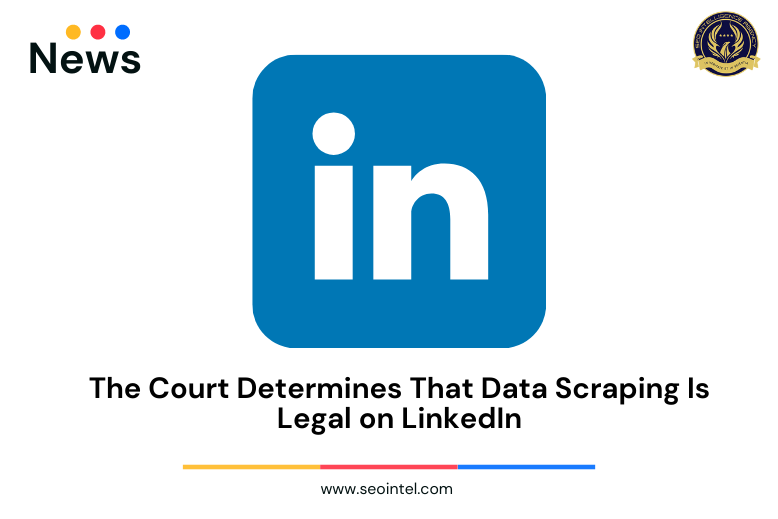
United States of America In the case of hiQ Labs, Inc. v. LinkedIn Corp., the Ninth Circuit Court of Appeals found that LinkedIn cannot prevent its competitor, hiQ Labs, from scraping LinkedIn users’ publicly available data.
The courts first concluded that LinkedIn couldn’t stop HiQ from being utilized. In 2019, the Ninth Circuit upheld LinkedIn’s inability to stop the company from scraping data. Circuit Judge Marsha Berzon noted at the time, “There is scant evidence that LinkedIn users who choose to make their accounts public maintain an expectation of privacy with respect to the content that they disclose publicly, and it is dubious that they do.”
LinkedIn, on the other hand, was not finished. The corporation took the matter all the way to the Supreme Court of the United States. The high court decided that the LinkedIn issue needed to be revisited because its judgment in Van Buren v. The United States in 2021 demonstrated that the federal computer crime legislation does not penalize scraping publicly available online information. As a result, the Supreme Court of the United States remanded the matter to the Ninth Circuit.
The Electronic Frontier Foundation (EFF) and the Internet Archive filed an amicus brief in the case, arguing that while “LinkedIn is correct to recognize the threat to individual privacy posed by actors who obtain personally-identifying information and misuse it to harm people,” they missed the boat by relying on the CFAA, which is intended to prevent hackers. Following that reasoning, you get stuff like Republican Missouri Governor Mike Parson’s claim that a journalist who discovered a website with teachers’ social-security numbers was a hacker.
For nearly five years, this matter has been dragging on. In 2017, LinkedIn issued a cease-and-desist order to hiQ, requesting that it stop collecting LinkedIn data. LinkedIn has also started restricting hiQ’s access to public LinkedIn profiles as well as its ability to harvest data from them. LinkedIn said that hiQ’s actions were illegal, citing the Computer Fraud and Abuse Act (CFAA) and LinkedIn’s terms of service as examples.
The court’s judgment disappointed LinkedIn. In a statement, LinkedIn spokesperson Greg Snapper stated. “We will continue to fight to preserve our members’ capacity to govern the information they make available on LinkedIn,” LinkedIn said. “When your data is taken without your consent and used in ways you haven’t agreed to, that’s not OK.”